
Read offline
Recommendation
In this “mixture of economics, politics and history,” economist Stephen D. King inches toward the conservative side with his attitudes and analysis of government debt and stimulus. King shares a concern with other observers that the financial crisis, quantitative easing and contemporary economic circumstances are leading to “schisms” in society. He answers the call for a 1930s-like stimulus by noting that governments have already shot more stimulus bolts than President Franklin Roosevelt, who faced a different situation, ever did. King encompasses a wide range of references – economic history, Japan and Argentina, economist Ludwig von Mises’s “illusory prosperity” concept, the late-1990s Asian crisis, and the contrasting fortunes of different generations – in order to ask a telling question: What are the consequences when foreigners come to feel less confident in Western finances and want more hard assets in debt repayment? King’s most exciting argument is in favor of nominal GDP targeting, perhaps the next big policy idea in coming years. getAbstract recommends his rich exegesis as an intelligent, concerned contribution to the financial debate.
Summary
About the Author
Stephen D. King, HSBC group chief economist, writes for The Financial Times and The Times.








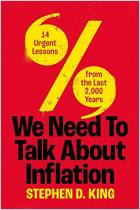
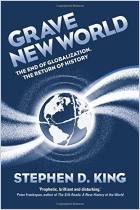
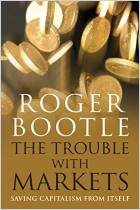
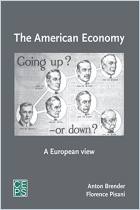
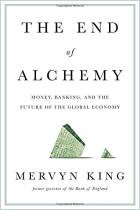
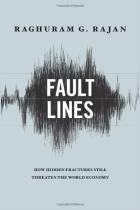
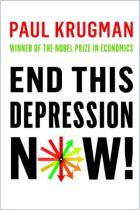
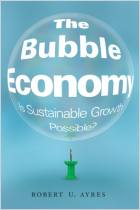





Comment on this summary or Comenzar discusión